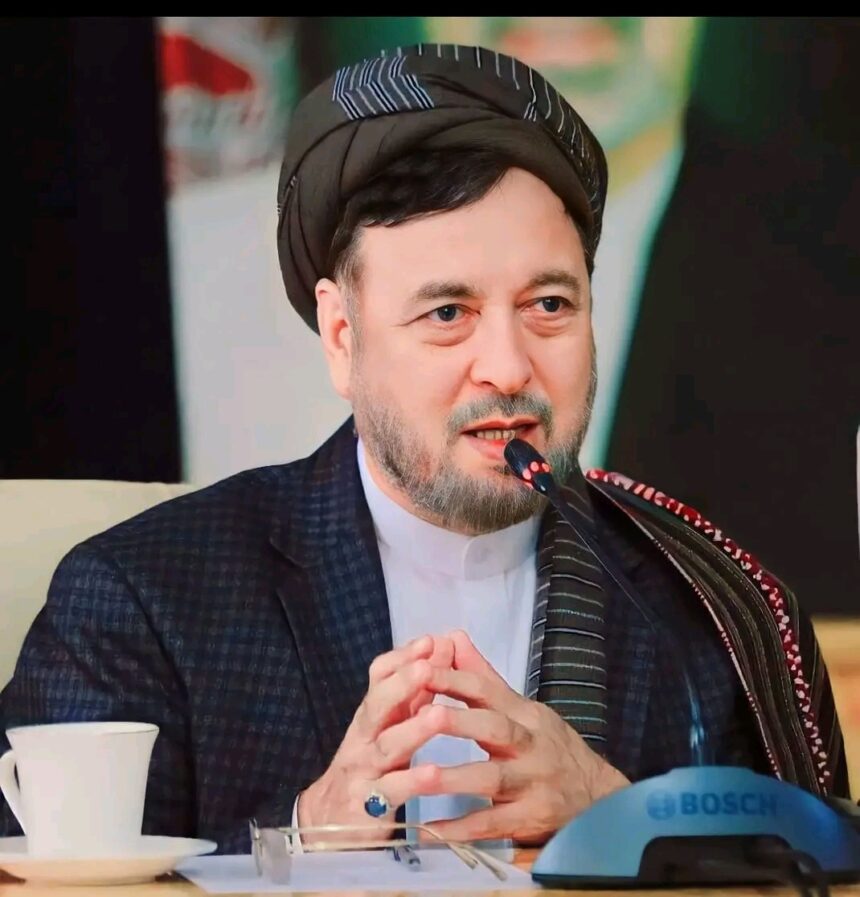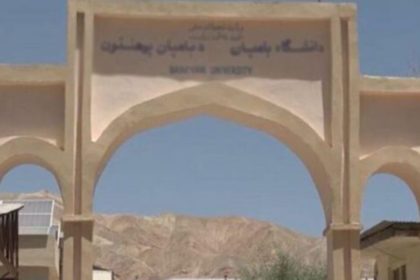RASC News Agency: The leader of the Hezb-e-Wahdat Party of Afghanistan states that the destruction of the Abdul Ali Mazari statue in Kabul is a provocation and a challenge by the Taliban in the realm of armed conflict. Mohammad Mohaqiq recently asserted that this act by the Taliban reflects religious and ethnic pressures on the Hazaras in Afghanistan.
On Saturday, sources from western Kabul reported that the Taliban had demolished the statue of Abdul Ali Mazari, the former leader of the Hezb-e-Wahdat Party, at the Chahar Rahi Pul-e-Sukhta intersection. Local residents said that on Saturday night, Taliban members defaced the statue of Abdul Ali Mazari with a drill and then covered it with plaster.
In a recent reaction to this incident, Mohammad Mohaqiq wrote on his Facebook: “Mazari is more than a statue; he is an ideal that resides deeply in the consciousness of millions of our people.” The leader of the Hezb-e-Wahdat Party, currently residing in Turkey, stated that the Taliban, by destroying Mazari’s statue, are inviting Hazaras and Shias to armed conflict. However, he added, “We will act based on our conditions and in consideration of the country’s interests.”
Previously, in a similar move in November 2021, the Taliban destroyed a statue of Abdul Ali Mazari in Bamiyan province and replaced it with a stone tablet inscribed with Quranic verses. In 2022, the Taliban renamed the Abdul Ali Mazari intersection in Daykundi province to “Faiz Mohammad Kateb.” In 2023, they removed Mazari’s name from Bamiyan Airport.
It is noteworthy that since coming to power, the Taliban have had issues with the leaders and figures of non-Pashtun ethnic groups, systematically destroying their statues, monuments, and tombs. In the early days of their rule over Afghanistan, the Taliban demolished the tomb of Ahmad Shah Massoud, the national hero, and also destroyed the tomb of Ali Mazari.






